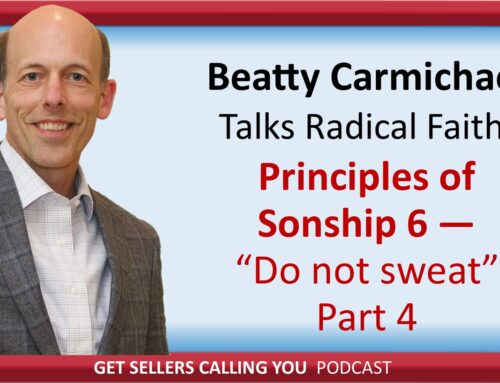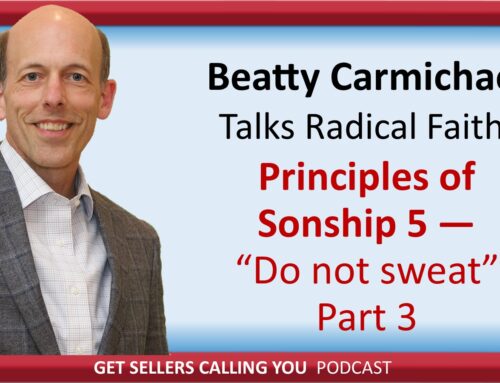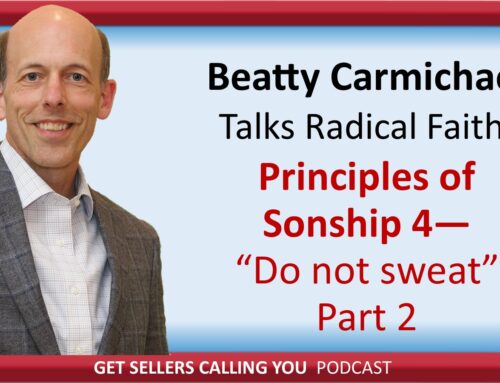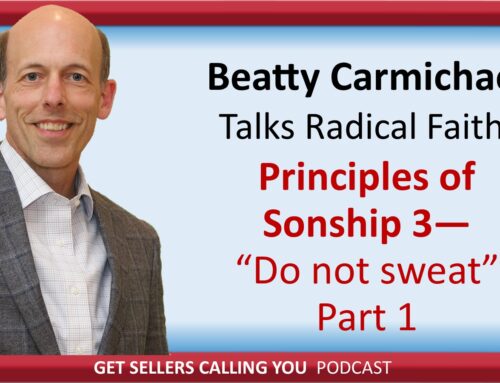God gave Moses the 10 Commandments in Exodus 20. These are God’s laws of holy behavior, not laws of righteousness or salvation.
When Jesus came to fulfill the law, and because of Christ we are no longer under law but under grace, it does not abolish nor make obsolete the laws of holy behavior. We are still to worship God only. We are still to honor our mother and father. We are still to not murder, not commit adultery, not steal… and we are still to have a Sabbath rest from our labors.
Some say that Paul, in Romans 14:5, argues that some people observe the Sabbath and others do not, and it doesn’t matter, that he should do as he feels important in his heart. However, compare the ESV translation with TLB translation. The Living Bible translation opens the true meaning of this passage:
ESV: “One person esteems one day as better than another, while another esteems all days alike. Each one should be fully convinced in his own mind.”
TLB: “Some think that Christians should observe the Jewish holidays as special days to worship God, but others say it is wrong and foolish to go to all that trouble, for every day alike belongs to God. On questions of this kind everyone must decide for himself.”
Paul is not talking about the Sabbath, he’s talking about ritualistic days and holidays as part of the Jewish culture and Law.
No one argues the other nine commandments are optional for a Christian: worship no other god but God, make no idols, not take his name in vain, honor your mother and father, not steal, not murder, not commit adultery, not bear false witness, not covet. If these are not optional behaviors, how could one argue keeping the Sabbath is optional?
Obeying the Ten Commandments is not about being under Law, but about honoring God and His design.







Leave A Comment